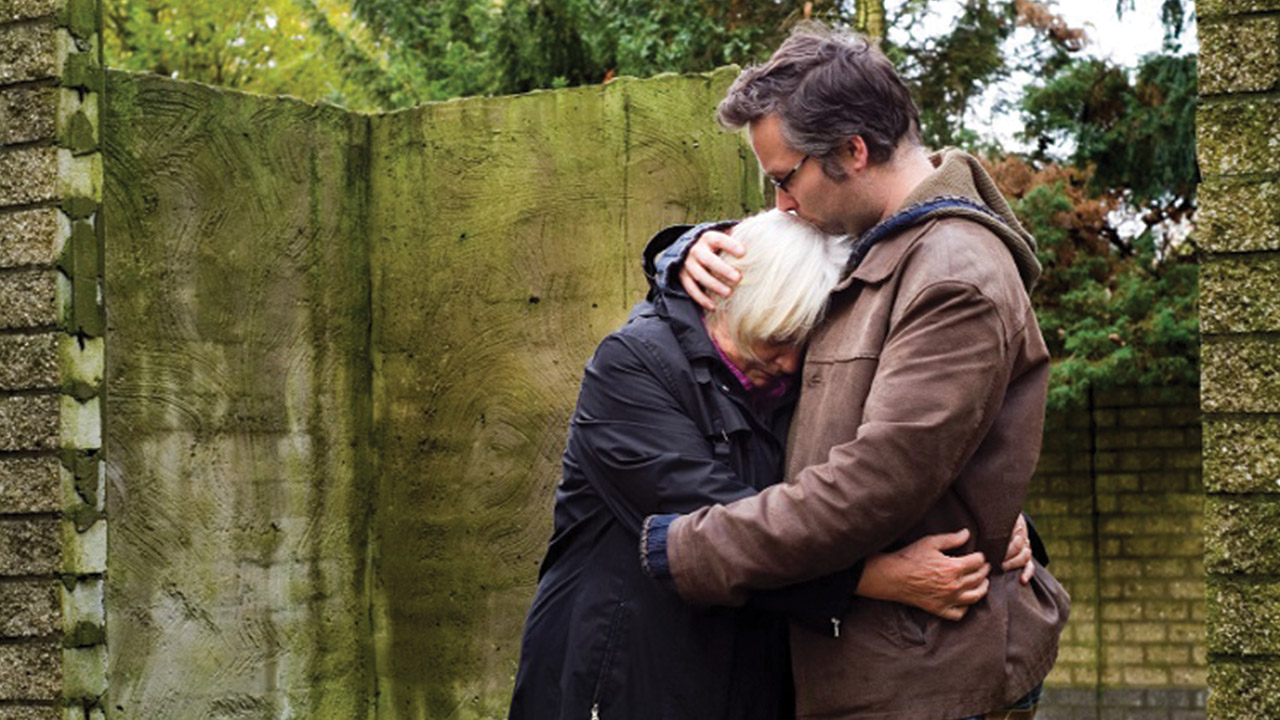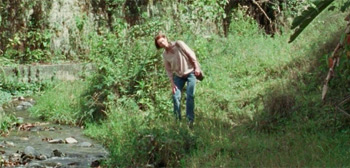The Skills And Attributes That Need To Be Developed In Order To Become A Professional Caregiver

Becoming a professional caregiver for the elderly or the disabled can be an immensely rewarding experience. It is said that you can judge the integrity of a community or society by how it treats its elderly or disabled members. Many countries are going through a crisis in care provision caused in part by the ageing of the population and the long term impact of covid-19. It is more important than ever to join the ranks and help out. There does, of course, need to be changes in funding and political will in order to provoke an increase in the number of caring professionals.
Caregivers – whether they operate within an institution or in client homes – need to be highly skilled in a broad variety of areas. They need to be equal parts compassionate and competent. This article is a brief rundown of some of the skills and qualities that professional caregivers need to develop.
Medical Acumen
Although professional caregivers do not have to be registered nurses in the United States of America, they do have to develop the appropriate level of medical knowledge needed to help their clients live their best lives. In the United States, caregivers do not have to have a college degree, but they can take on plenty of diploma based education in order to improve their medical acumen.
Some caregivers are required to perform basic medical tasks during their time at work. This can include changing bandage dressings, changing stoma bags, offering basic first aid and the giving of medicine to their clients. It is vitally important that caregivers are trained to a high standard so that they can safely help their clients with their often complex day to day medical needs. They must be able to notice the signs of a medical complication – even when their client is unable to do so.
Safeguarding
Caregivers often look after some of the most vulnerable people in society. This means that they need to be competent safeguarding figures. Unfortunately, elderly and disabled people are some of the most at-risk groups in terms of exploitation. During the online training or school based education of a future caregiver, safeguarding is given a prominent place. Caregivers must be able to spot the tell tale signs of exploitation and abuse and go through the correct channels when reporting them. Local authorities have duties under the law regarding their responsibility over the safety of vulnerable people. Caregivers are on the front line of this legal responsibility task – being well placed to spot issues that need to be reported.
Protecting the privacy of clients is one of the safeguarding responsibilities of a caregiver. Clients have the right to keep their medical and financial data private from people that might seek to exploit this information.
Compassion
Compassion is both a skill and a quality. Caregivers must be able to empathetically communicate and understand the needs of their clients. If you are not a compassionate and empathetic person, it is very unlikely that you will succeed as a caregiver. Being able to ‘walk in the shoes’ of a client and understand their unique needs is a must. While compassion is not something that can be taught, it is something that can be tempered and quantized in an educational setting. Caregivers need to know when they can rely on their compassion and when they must defer to more rigid medical or institutional guidance.
Time Management
Time management can be extremely difficult in a caregiving workplace environment. There are only 24 hours in the day, and only a certain amount of this time can reasonably be given to caregiving. Professionals need to be able to adequately schedule, keep to time and plan ahead when working. They need to clearly know and stick to their defined roles and responsibilities. They need to be able to easily identify priority tasks and complete them while remaining a very personable figure in their clients’ lives. All this is far easier said than done. Caregivers should receive training on proper time management before they are put to work at a client’s home or worker in an institution.
Cleanliness
Caregivers often work in environments where cleanliness is absolutely essential. All measures must be taken to avoid the spread of disease. In some circumstances it will be necessary to sanitize surfaces and wear Personal Protective Equipment when dealing with clients face to face. Disabled and elderly people are extremely vulnerable to the symptoms of some illnesses. During the height of the Covid-19 pandemic, caregivers were put under extra strain due to the highly contagious nature of the viral disease.
Cleanliness is not only important in order to prevent the spread of illness. Caregivers are also expected to maintain the comfortable environment of the people that they care for. Some vulnerable people may not be able to regularly clean their surroundings, which leads some caregivers to take on some of the responsibility for keeping that environment pleasant and clean.
Physical Strength And Stamina
Although caregiving roles are not at the extreme end of physicality, they do require a degree of physical strength and stamina. Caregivers may be required to physically handle their clients when giving them basic medical treatment or helping them to use toilet facilities. Due to the somewhat dire state of American medical insurance equality, some clients may not have the hoists and mobility equipment necessary for ease of movement. Often, this responsibility is passed right into the hands of the caregiver.
Resilience
Caregivers need to be resilient. They are often confronted with upsetting and painful circumstances. They may look after a client at the end of their life, or they may be caring for a client that does not respect them. They may be faced with instances of abuse or safeguarding failures. Although emotional empathy and vulnerability are important, there must also be a great deal of resilience in the mind of the caregiver. The ability to process situations and move forwards away from them is important.





